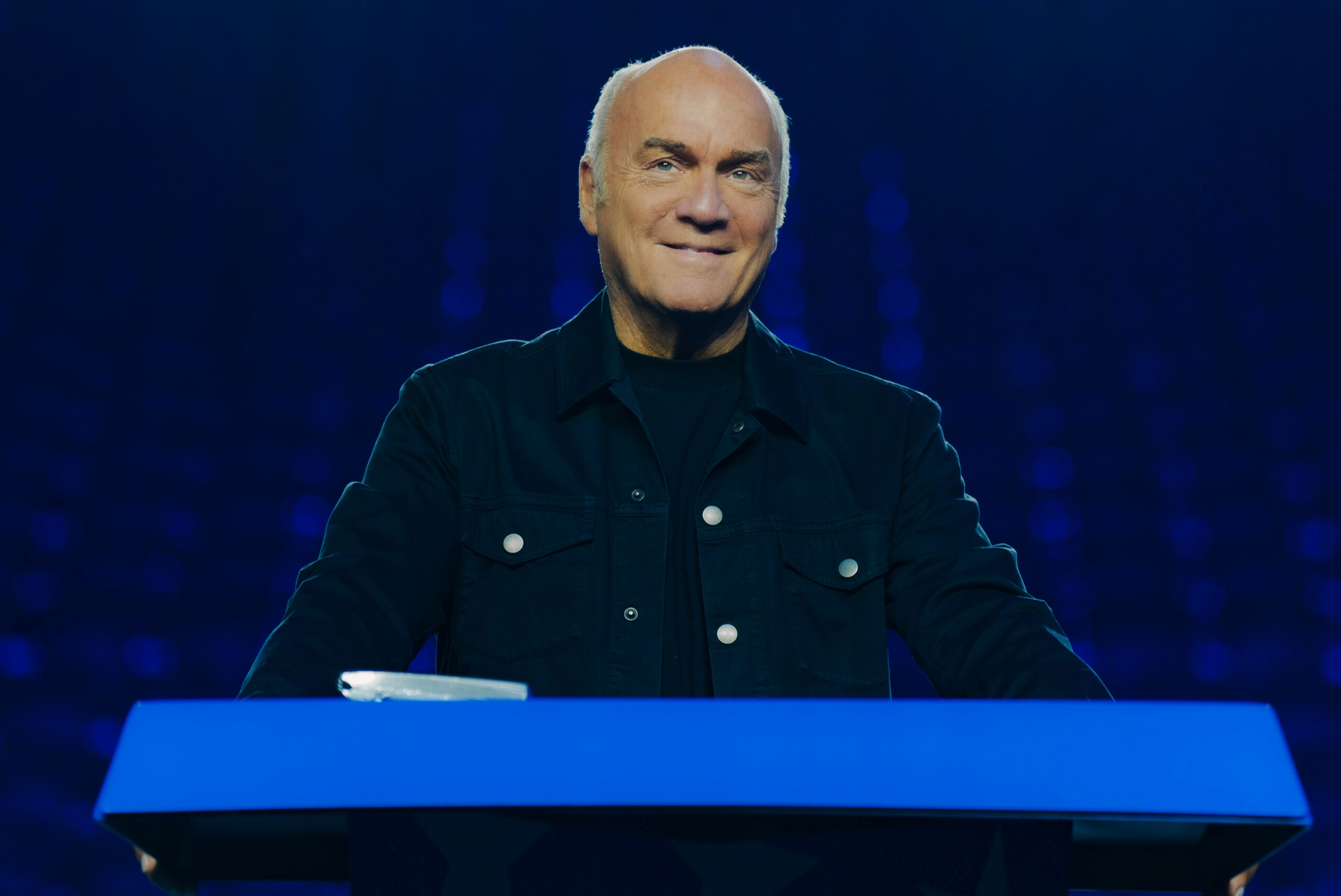The Creator and Heir of All Things
Christ incarnate revealed God fully because even in Him humanity, Jesus is fully God. “In Him [Christ] all the fullness of Deity dwells in bodily form” (Colossians 2:9). The many Old Testament prophecies and promises of the coming Messiah were fully realized in the person and work of Jesus Christ.
We can see in Christ everything we need to know about God. That includes the full array of God’s attributes—such characteristics as omniscience, miracle-working power, the ability to heal the sick and raise the dead, compassion for sinners, and unflinching justice and holiness.
That climactic, divine self-revelation was evident to the writer of Hebrews: “God, after He spoke long ago to the fathers in the prophets in many portions and in many ways, in these last days has spoken to us in His Son (Hebrews 1:1–2). “In these last days” is a familiar phrase the Jews would have understood as meaning the Messianic age. Thus, in the time of Messiah, God ceased speaking in fragments and instead presented His complete revelation in the person of His Son. That, of course, established Jesus as superior to previous revelation. The partial revelation of the Old Testament issued from imperfect prophets; the complete and perfect revelation of the New Testament was embodied in the person of the sinless Son of God. Jesus Christ, as the full expression of His Father, could say, “He who has seen Me has seen the Father” (John 14:9).
Once the writer of Hebrews presents Jesus as God’s Son, he immediately gives us a sevenfold summary of the preeminence of Jesus Christ: “whom He appointed heir of all things, through whom also He made the world. And He is the radiance of His glory and the exact representation of His nature, and upholds all things by the word of His power” (Hebrews 1:2–3). That is the grand summation and definitive list of the characteristics that really identify the Child who entered the world at Bethlehem. Anyone who truly confesses Jesus as Lord and Savior affirms the truth of each of those elements.
The Heir of All Things
The first aspect of Jesus Christ’s preeminence concerns His inheritance: “whom He appointed heir of all things.” That is an unqualified statement asserting that God has planned for Jesus ultimately to inherit absolutely everything. It adheres to Jewish inheritance laws that said the firstborn child received the wealth of the family’s estate.
We need to be careful when thinking of Christ as God’s firstborn (or as Colossians 1:15 refers to Him, “the firstborn of all creation”). The Greek word for “firstborn” can refer to one who was born first chronologically, but most often refers to preeminence in position or rank. Scripture makes it clear that Christ is eternal and without origin (John 1:1–3). Thus Jesus is the firstborn in the sense that He possesses the right of inheritance over all creation as the “heir of all things.” Christ is the heir of all that God has. The psalmist prophetically articulate this very reality: “I [God] will surely give the nations as Your inheritance, and the very ends of the earth as Your possession” (Psalm 2:8). Everything in the created order, whether material or spiritual—everything God has ever created—belongs to Jesus Christ.
It’s amazing to think that a Galilean carpenter, crucified on a cross outside Jerusalem, is actually the heir to the universe. When Jesus was on earth He owned little to nothing. One of His few possessions was His tunic, which the Roman soldiers confiscated and squabbled over while He was on the cross. He was even buried in a borrowed grave. But someday, all that exists will belong to Christ, and everyone—people, angels, and all powers in the universe—will bow before Him. “At the name of Jesus every knee will bow, of those who are in heaven and on earth and under the earth” (Philippians 2:10).
It’s also incredible to realize that believers will be joint heirs with Christ: “The Spirit Himself testifies with our spirit that we are children of God, and if children, heirs also, heirs of God and fellow heirs with Christ” (Romans 8:16–17). If you know Christ, you are a part of His bride, the church; and He, the Bridegroom, allows you to share His inheritance. And someday you will see Him return as King of kings and Lord of lords to make final claim of His inheritance and exercise sovereign, everlasting rule over all that exists. Therefore, once you say Jesus is Lord, you also confess that He is the heir of all things.
The Creator of All Things
The writer of Hebrews goes on to tell us that Christ is not only the ultimate recipient of all things, He is the originator of all things. The second preeminence of Christ that Hebrews 1 gives is His power in creation: “through whom also He made the world” (Hebrews 1:2). That statement is perfectly consistent with John 1:3, “All things came into being through Him, and apart from Him nothing came into being that has come into being” (cf. Colossians 1:16; Hebrews 11:3). Jesus created everything, both the material and nonmaterial parts of the universe. And His creatorship is a characteristic of our Lord—second only to His sinlessness—that really sets Him apart from us.
The Greek word rendered “world” in Hebrews 1:2 does not mean the material world but “the ages,” as it is usually translated elsewhere. Christ created not only the physical earth, but also time, space, energy, and every variety of matter. He effortlessly created and finished the entire universe as something good. That is why creation, marred by humanity’s sin in the Fall, longs to be restored to its original glory (Romans 8:22)—and one day Christ will create a new and perfect heaven and earth. It’s staggering to consider that the babe in the manger was also the Creator, and will yet be the re-creator, of the universe.
As amazing as all that is, the writer of Hebrews hadn’t yet exhausted the features of Christ’s preeminence. Next time we’ll consider what it means for Christ to be “the radiance of [God’s] glory and the exact representation of His nature” (Hebrews 1:3).






